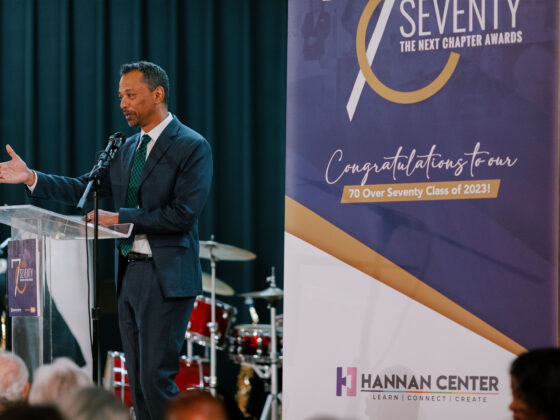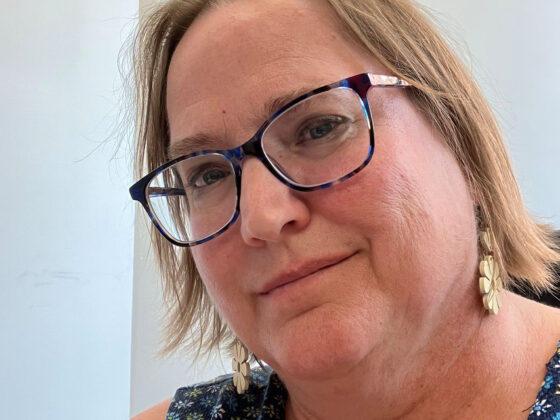As we get older, aging can be a tough pill to swallow, particularly if we’re already taking other meds. Suddenly, you begin wondering if you’ve made any real impact on the world. Did you leave your mark, or are you just a blip on the radar of history? And if you made an impact, can you continue contributing as you age? These are the big questions that keep us up at night (along with did I remember to take all my pills), but fear not, my fellow wrinkly friends, for there is hope!
Enter the Blue Zones, areas of the world where people live the longest and healthiest lives. If we look closer at these magical zones, we’ll notice a common theme: purpose. Yes, purpose! In Okinawa, Japan, the concept of ikigai, or “reason for being,” is deeply ingrained in the culture. As a result, many Okinawans have a clear sense of purpose, whether tending to their gardens or caring for their grandchildren. In Nicoya, Costa Rica, older people stay active by participating in their communities and helping to maintain local traditions. And in Loma Linda, California, the Adventist community has a strong sense of mission and service, which gives them a sense of purpose even in their later years.
In his book “Being Mortal,” Atul Gawande also discusses the importance of purpose in older age. He tells the story of a nursing home that decided to bring in animals for the residents to care for. The animals gave the residents a sense of purpose and responsibility, and they found that they were happier and more engaged. Gawande also discusses the importance of allowing older people to continue to make meaningful contributions to society, whether it’s through volunteering, mentoring, or participating in civic activities.
My mother found purpose when she moved in with my wife and me over twenty years ago to help care for our firstborn. At 71 years old, she recognized that she had a life’s worth of experience in raising and caring for children. As a result, she has been our children’s only caregiver besides us, relieving our worries about finding adequate childcare. Of course, living with your mother and your wife under the same roof presents other challenges, but you’ll need to read about those in my anonymous blog on the dark web.
But having a sense of purpose in older age can have many benefits. It can give older people a reason to get up in the morning, stay engaged with the world around them, and keep learning and growing. It can also improve physical health, as people with a sense of purpose are more likely to exercise, eat well, and care for themselves.
Of course, finding purpose in older age is not always easy. It can be challenging to let go of past roles and identities and discover new ones. It can also be challenging to find opportunities for meaningful engagement. However, many resources are available for older people looking to find purpose in their later years. Volunteer organizations, senior centers, and community groups are all great places to start. For instance, Hannan Center seeks volunteers to help with our programs and support our partner organizations.
So, my fellow seniors, let’s embrace our aging selves and find our purpose. Whether through community service, gardening, or checking in with someone to see if they took all of their meds, we can all make a difference in our own way. Having a purpose, a reason to rise every morning, improves our quality of life. And who knows, maybe we’ll all live to be 100 and become the next Blue Zone ourselves!



